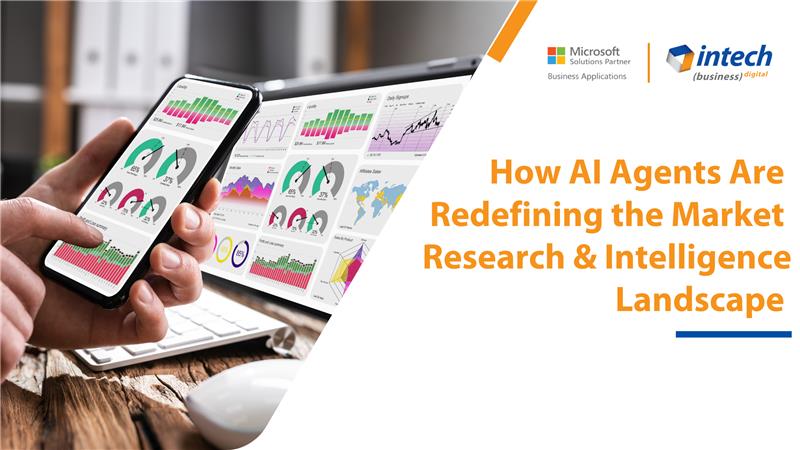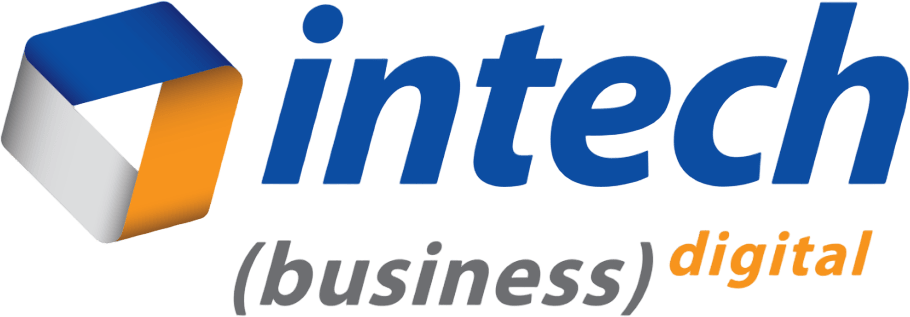Integration of Dynamics ERP and CRM for Retailers
Retail is a customer-centric business. To succeed in such an industry, retailers need to have the power of both ERP and CRM that supports top business processes. Integrating them can be a time-consuming and daunting process if not done efficiently. But the integration of ERP and CRM can work wonders and provide a compelling return on investment. This integration provides control not only over your operations and finances but also delivers insights to maintain customer relationships. The robustness of ERP modules and comprehensiveness of CRM gives you more in less.
Some of the benefits of the integration of ERP and CRM software for Retail industry are as follows:
Manage store from one place
You can manage your Point-Of-Sale terminals with visual and functional profiles and with that which attracts customers. The in-built analysis feature helps you gain insights with consistent and accurate data. You can also update your people about loyalty points, inventory and financial information, and sales orders. You have access to all your staff at all levels – store, regional, and global depending on business needs.
Manage Omni-channel
The integration helps you in providing more visibility and control across all your channels. Make the customer buying experience smoother by allowing them to buy online and offline both. This will also enable promotions, campaigns and make quotes directly from the system.
Merchandise powerfully
With gained insights, you can set up campaigns on discounts, coupons, mix-and-match and various other deals to match your business needs. Assort and arrange your merchandise with scheduling, tracking, item hierarchy, and category management functions.
Enhanced customer service
With customer insights, you can identify trends and offer personalized service with access to real-time, actionable data. Maintain records of leads, opportunities, and customers and their details for future interactions.
Manage inventory
The power of ERP and CRM helps you manage inventory based on schedule or need. Keep track of inter-company transfers, purchases, requisition, and replenishment processes. This helps you to keep your inventory up-to-date on a real-time basis.
Marketing made easy
With all the customer and prospects data in the system, you can set up campaigns easily. Target specific audience as per your business needs and implement promotions, discounts, etc. through social sites. Not only this, get customer data and analysis of the marketing campaigns you carried out.
Manage orders and supply chain
Create orders and quotes in real-time for customers by using POS order capabilities. Accept, fulfill, and track orders and thus, manage inventory levels too. With ERP in action, apply and manage tax schemas too.
In conclusion, integration of ERP and CRM gives you a seamless view of your organization and streamlines your business processes. This, as a result, eliminates duplication of data and increases ease of communication across the systems. Your sales and service staff get a greater hold on the activities they do leading to a marked increase in customer satisfaction.
If you wish to integrate Dynamics ERP and CRM to flourish your business, get in touch with us.
About Intech
Intech Systems is a three-cloud Microsoft-certified partner that boasts deep expertise in providing digital transformation solutions for organizations by leveraging the Microsoft 365, Dynamics 365, and Azure solution stack. Intech is recognized as a top-tier Microsoft implementation partner globally and specializes in transformative technology solutions such as ERP (Enterprise Resource Planning), CRM (Customer Relationship Management), Business Process Automation, Business Intelligence, Cloud Infrastructure, Data Management, Productivity & Collaboration and Generative AI (Gen-AI) solutions. As a trusted Microsoft Solutions Partner, we are capable of doing complex technology implementations catered to an organization’s specific needs & also rapid solution implementation such as our Microsoft Dynamics 365 Business Central implementation packages. We pair our implementations with end-to-end customer support, offshore development & 3rd party integrations. With offices in India, USA (United States of America), and Singapore, we work with clients across globe to empower businesses with cutting-edge technology solutions. Our latest services aim at delivering business ready AI solutions to the customer, like our Microsoft Copilot Consulting Services & Solutions for small, medium & large enterprises. Intech’s expertise lies in building software solutions for Manufacturing, Professional Services & Healthcare. Our Dealer Management System, Sales and Service CRM for Manufacturing, Field Force Automation for Pharmaceuticals and Manufacturing Central are some of our leading industry solutions. Intech’s vision is to catalyze digital futures for operation-centric industries globally, we are at the forefront of innovation, helping organizations drive growth and innovation like never before. Contact Us to learn more.
Recent Post




How can we help? - Talk to Dynamics 365 experts for your concerns
What's New

Top Reasons to Replace Dynamics GP with Business Central [2025]
Introduction: The clock is ticking for businesses still operating on Microsoft Dynamics GP. While it...

How AI Agents Are Redefining the Market Research Landscape
Do you know your competitors are decoding consumer behavior in hours using AI agents that...

How Agentic AI Is Transforming the Manufacturing Industry [2025]
Introduction Did you know that 91% of manufacturers are planning to increase their investment in...




